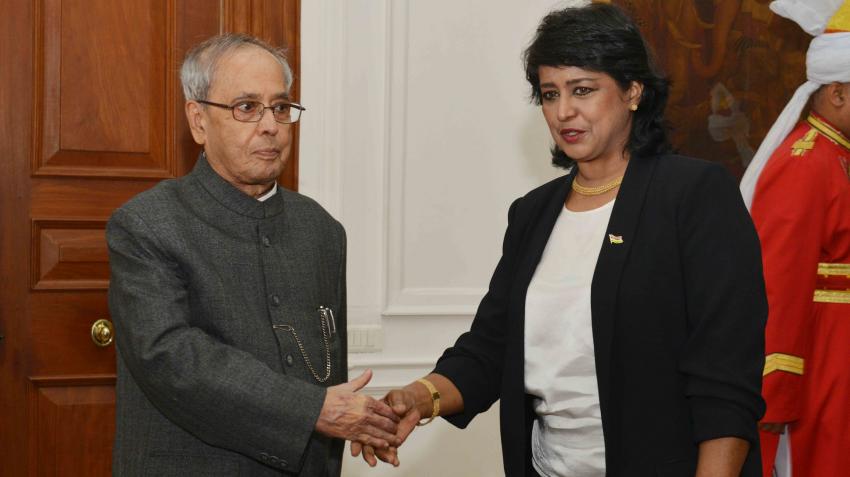
Recently, India amended the tax treaty it had signed with Mauritius in the year 1982. This treaty is called the Convention for the avoidance of double taxation and prevention of fiscal evasion (relating to taxing income and capital gains). This Double Taxation Avoidance Act (DTAA) was signed to prevent companies from being taxed in two countries (India and Mauritius) for the same income.
As per the provisions of the treaty, Capital Gains Tax on sale/ transfer of shares was charged in the resident country of the shareholders. In other words, capital gains arising from the sale of shares of Indian companies by Mauritian shareholders/ companies was charged in Mauritius. They were exempt from capital gains tax in India.
But, the loophole in the agreement was that Mauritius didn’t levy any capital gains tax. So, if you invest in India through Mauritius, you do not have to pay capital gains tax at all.
The investors began to misuse the treaty to avoid paying taxes. This led to a loss of revenue to India. The treaty was misused through two ways: Round-tripping and treaty shopping.
Round-tripping is when Indian investors route investment through Mauritius back to India to avoid paying tax. They first invest in a company based in Mauritius. Then they invest this money in an Indian company as Foreign Direct Investment (FDI) by buying shares or investing in equity markets.
Around 35 % of India’s FDI comes from Mauritius and it is suspected that most of it are Indian investment masquerading as Foreign investment.
Treaty shopping is when a third country investor set up shell companies (that exist only on paper) in Mauritius to invest in India to take advantage of the India-Mauritius treaty.
India has DTAA (Double Taxation Avoidance Agreement) with 88 countries. But, the treaty with Mauritius was misused by the investors because of mainly two reasons:
- It is very easy to acquire residential status in Mauritius. A company just needs to have a post-box address to be a resident of Mauritius. So, it becomes easy to set up shell companies (that exist only on paper) in the country and invest in Indian equity to avoid paying capital gains tax.
- Mauritius is a tax haven. There is no capital gains tax imposed by Mauritius. Thus, a company based in Mauritius investing in Indian shares do not have to pay any Capital Gains Tax. This is because as per the treaty, capital gains of Mauritius-based shareholders/companies is exempt in India.
To plug these loopholes, the treaty had to be amended. As per the renegotiation of the treaty, India will get the right to tax capital gains arising from the sale of shares of an Indian resident company acquired on or after April 2017. But, the capital gains tax will be applied in a phased manner.
The tax rate will be a concessional rate of 50% of the normal rate for capital gains arising from April 1, 2017, to March 31, 2019, and thereafter tax would be levied at the full rate. This benefit of reduced capital gains tax is subject to a limitation. The company must spend at least 27 lakhs in Mauritius in the previous 12 months to pass the ‘purpose and bonafide business test’.
There is a direct linkage of Singapore DTAA treaty with Mauritius. So, the amendments will be applicable to the Singapore treaty too.
It has to be noted that the capital gains from the sale of debt securities etc can still be taxed in Mauritius.
The Government is gearing up to replicate the above amendments in its treaty with Cyprus. Cyprus ranks seventh in terms of FDI flows in the country. Only time will tell the exact impact of the renegotiation of the India-Mauritius treaty on India. But, tax revenues are expected to increase and foreign investments are expected to decline as per most analysts.
Reference: